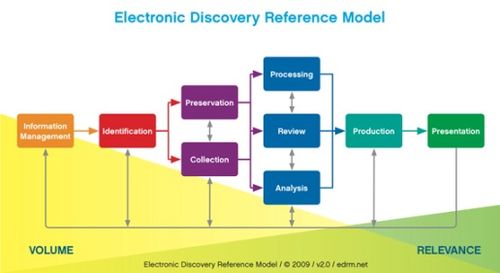Managing an eDiscovery Contract Review Team: Applying Topic Codes in the Document Review
Managing an eDiscovery Contract Review Team: Applying Topic Codes in the Document Review https://cloudnine.com/wp-content/themes/cloudnine/images/empty/thumbnail.jpg 150 150 CloudNine https://cloudnine.com/wp-content/themes/cloudnine/images/empty/thumbnail.jpg
So far we’ve covered drafting criteria for responsiveness and for privilege. You may, however, be asking the review team to do more than that in the document review. You might, for example, ask them to apply topic codes to the documents or to identify helpful or harmful documents. At this point in the case, you will be better off keeping this very simple. There are several reasons for this.
read more







